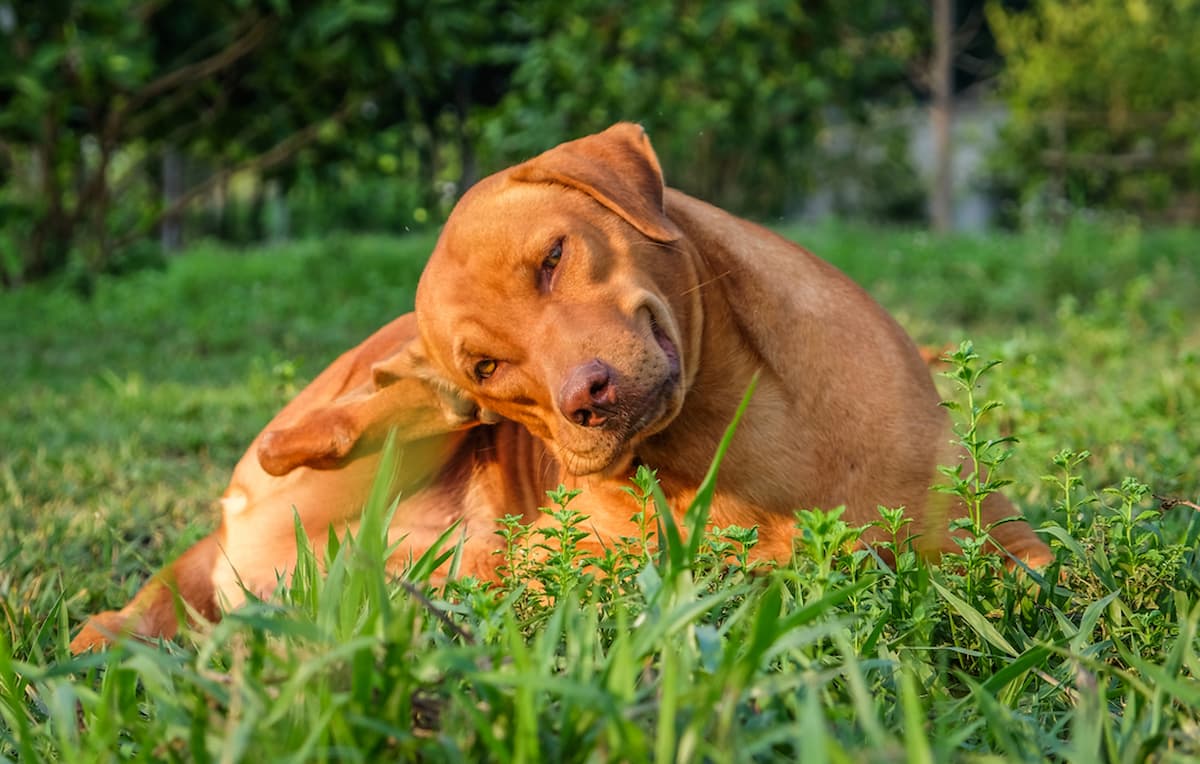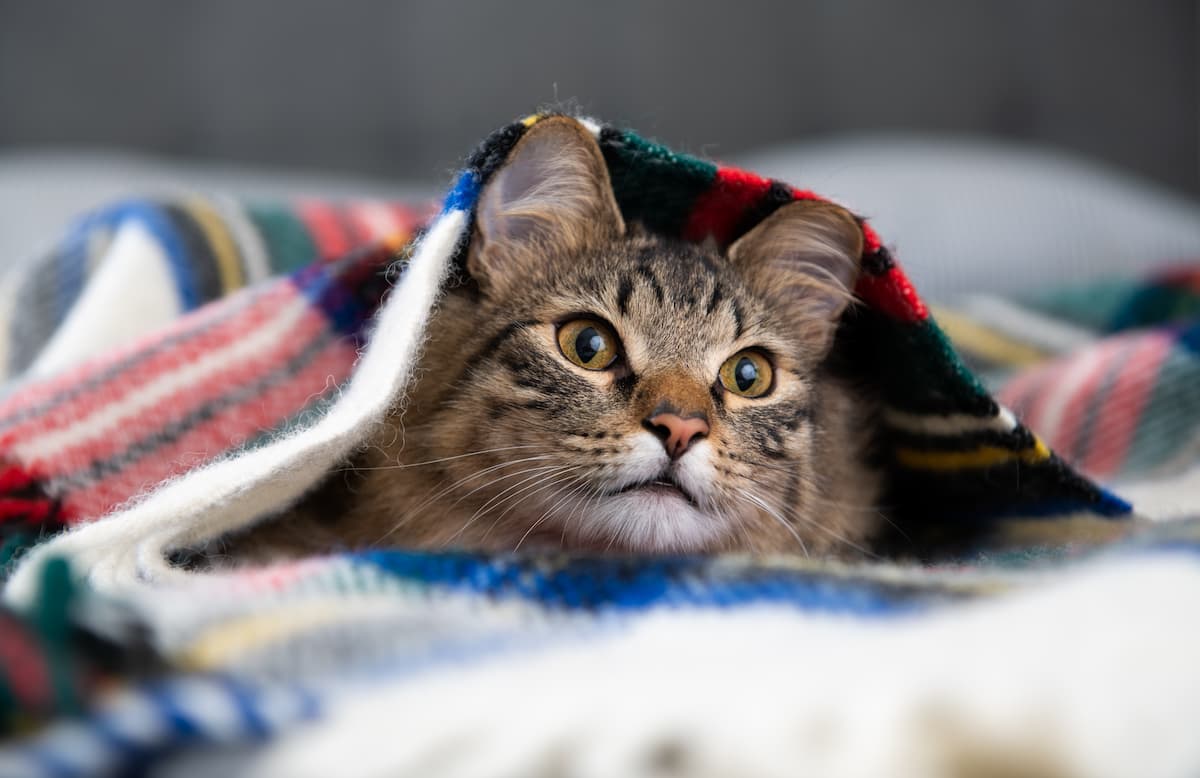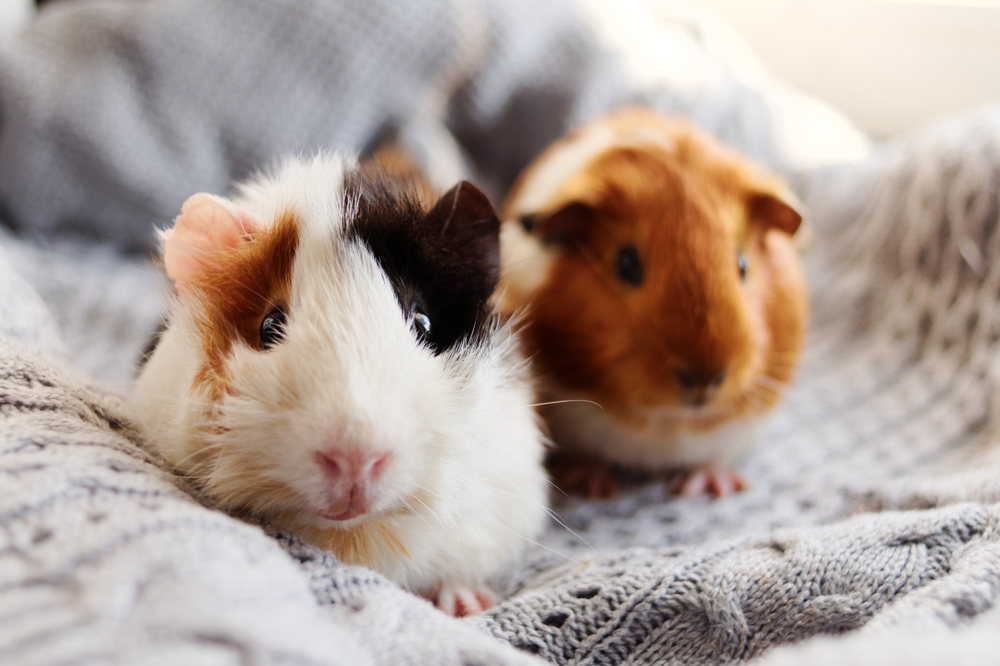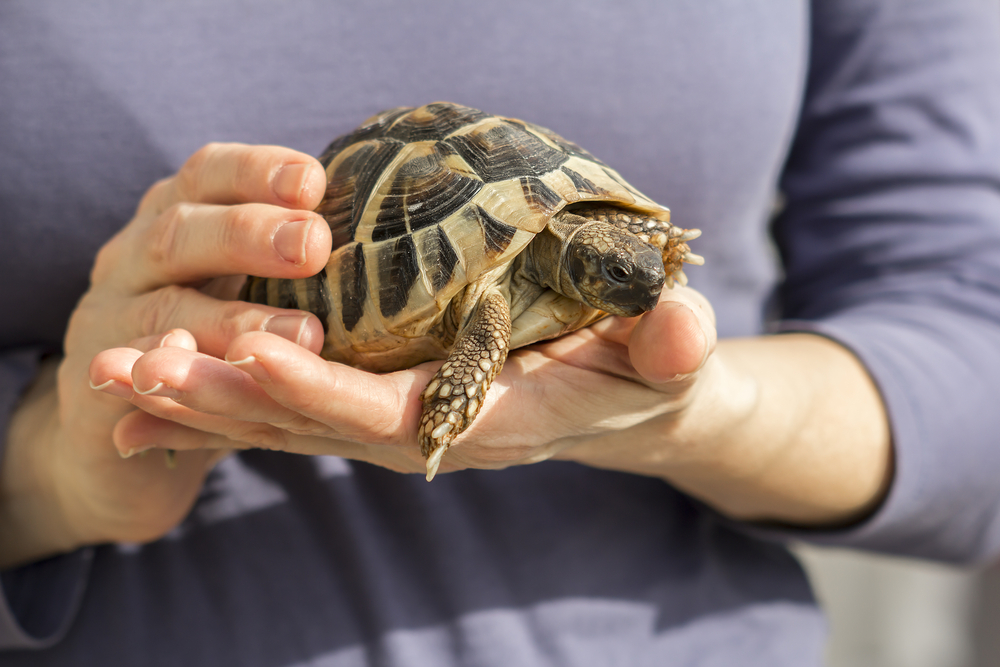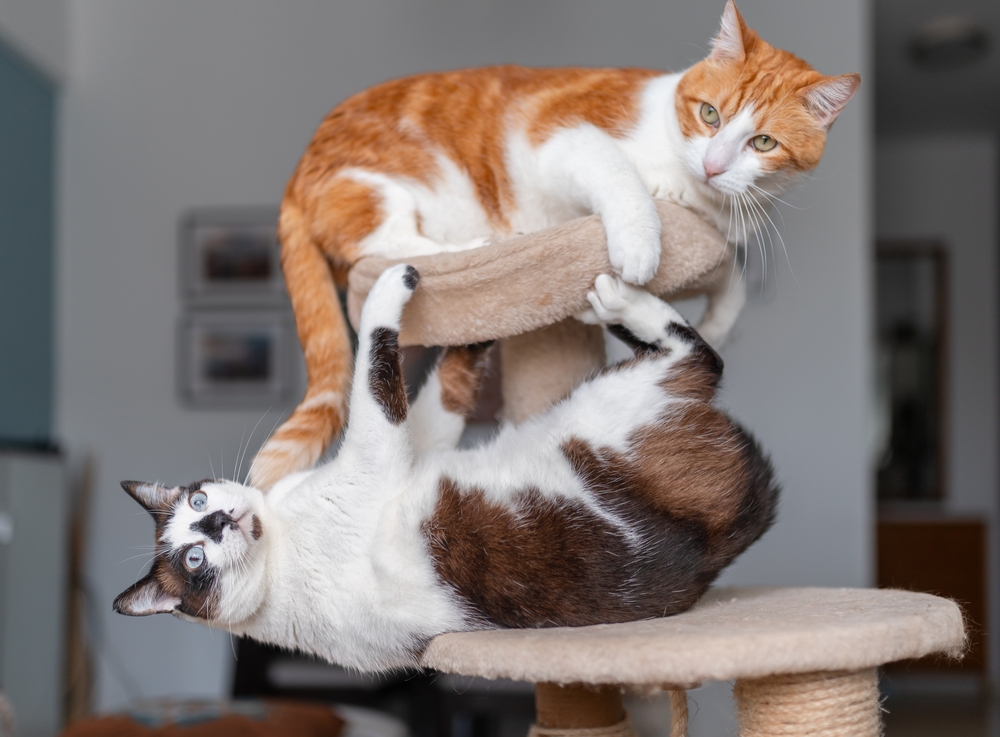Bunny Benefits: 10 Reasons a Rabbit Is A Great Pet
Updated on May 10, 2024
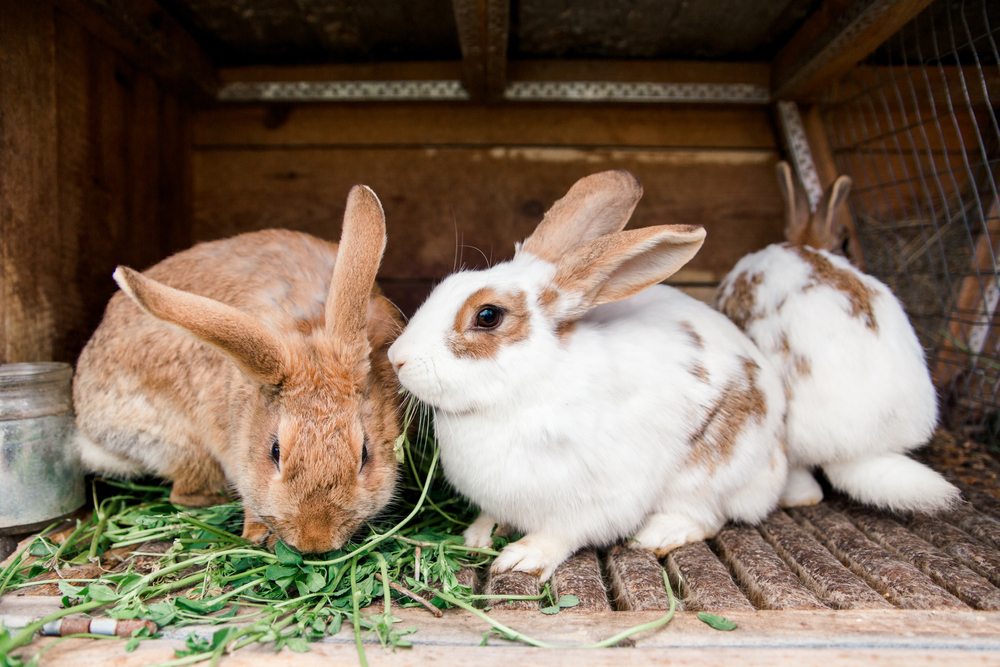
Looking for a pet who is as interactive as a puppy but not as demanding? A rabbit is a great pet; that’s right… a bunny! Rabbits make wonderful pets in the right situations.
If you live in a small home, don’t have very young children, and don’t want to have to walk a pet but have time to play with it, you might want to consider a rabbit.
All featured products are chosen at the discretion of the Vetstreet editorial team and do not reflect a direct endorsement by the author. However, Vetstreet may make a small affiliate commission if you click through and make a purchase.
Why A Rabbit is a Great Pet
From being quiet to bonding with their owners, rabbits are great pets for many reasons. Here are 10:
1. Bunnies are quiet.
If you live in an apartment building or have nearby neighbors, animal sounds can be a big concern. Generally, though, rabbits make little to no noise. The fact that bunnies are so quiet is also great if you’re a light sleeper and your rabbit decides he’s really a night owl.
2. Rabbits have personality plus.
People who have never had a rabbit as a pet don’t realize that rabbits actually have very distinct personalities. These animals can be charming, affectionate and very interactive. When choosing a bunny as a pet, spend some time getting to know him before you decide to take him home to be sure his personality fits yours. Just like more traditional pets, some bunnies are rambunctious and playful, while others may be more shy and reserved.
3. Rabbits bond closely with their owners.
Ask any bunny owner who interacts regularly with his pet and he’ll tell you that, just like dogs or cats, rabbits get to know their owners well. They recognize them by voice and sight and will even come on command. Bunnies may even follow their owners from room to room and jump up on their laps when called.
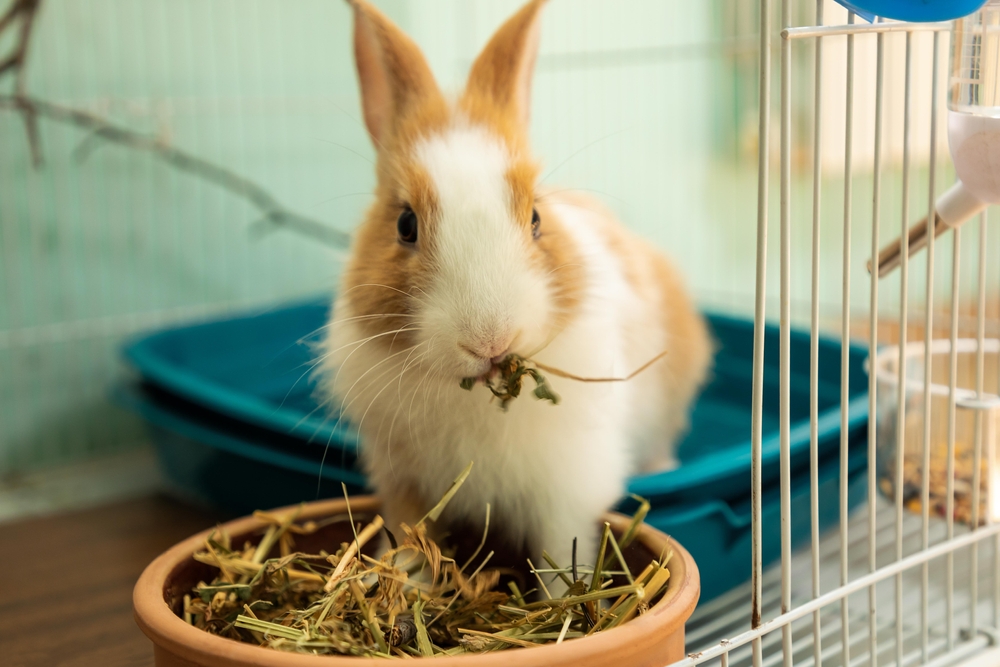
4. Rabbits need less space than other pets.
If you live in a small house or apartment and you’re looking for a cuddly pet who doesn’t require a lot of space and doesn’t need to be walked, a rabbit may be right for you. As long as bunnies get a couple of hours of exercise running around outside of their cages in a bunny-safe room or house, they may be kept in relatively small cages.
The space needs to be large enough for them to stretch out in and allow room for a litter pan in one corner and a feeding station for hay and pellets in another. Some rabbits also like an upside-down box to hide in.
5. Rabbits are easily trained.
Bunnies can be trained not only to use a litterbox, but also to run through obstacle courses and to do tricks. Using the principles of positive reinforcement training, rabbit owners can encourage their pets to learn certain behaviors by repeatedly rewarding them with special treats when they perform these behaviors. It’s best to use novel treats that they only get during training.
With just a few minutes of training a day, rabbits can learn to jump through hoops, retrieve items and run through mazes. Many rabbit owners don’t realize they can use the same techniques that are used to train dogs to train their smart bunnies as well!
6. Rabbits are long-lived.
Pet rabbits, when housed indoors and cared for properly, can live eight to 12 years or even longer. Small-breed rabbits can easily live into their teens when they are well taken care of.
Long life span is an attraction for many people looking for small non-cat/non-dog pets, because most other small mammals kept as pets, such as hamsters, gerbils, rats and even guinea pigs, often don’t live as long. In general, rabbits housed indoors live longer than rabbits housed outdoors because they are not subject to attack from predators, overheating, frostbite, certain infections carried by other animals or found in soil, and other injuries.
7. Rabbits come in all shapes, sizes and colors.
Given that there are more than 50 recognized rabbit breeds that vary both in size and in coat color, length and texture, there is a bunny breed for everyone. Different breeds of rabbits are known to have different temperaments, so it is important that you choose a pet rabbit based not only on looks, but also on personality.
8. Bunnies are easy to rescue.
There are so many abandoned bunnies given up to rabbit shelters every year that rescuing a needy rabbit is a relatively easy thing to do. Who wouldn’t feel good giving a homeless rabbit a new place to live? Rabbit shelters can be found in nearly every state, and the Internet is a great resource for finding one near you.
9. Rabbits are generally very clean pets.
Without some litterbox training, bunnies will poop frequently and often all over; however, they are generally clean animals. When given clean, dry, paper-based bedding in their cages to absorb urine and a place to defecate in the corner, they can easily be litterbox-trained and will generally keep themselves very clean with frequent grooming.
Owners can help keep their bunnies clean by brushing them a few times a week. Long-haired rabbits, such as the Angora species, may need daily brushing to keep their coats from matting with bedding, hay or stool.
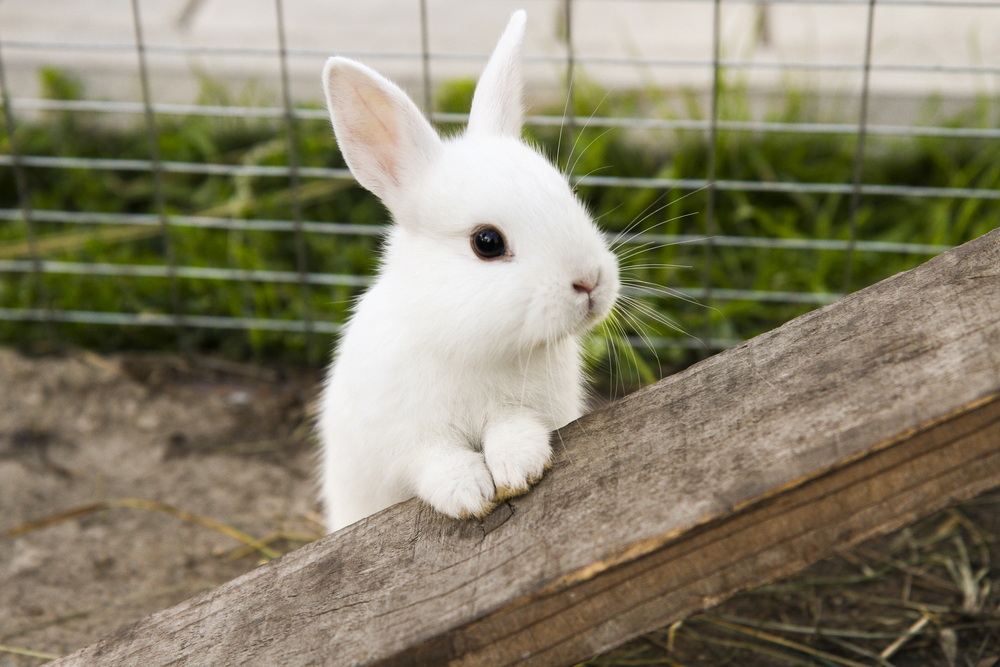
10. Bunnies are just so darn cute.
Can you think of a cuter pet than a fuzzy little bunny? While rabbits aren’t perfect pets for everyone, if a family has the time and finances (for food, housing and veterinary care) available for a rabbit and is willing to learn about the needs of these animals before adopting one, a bunny can be a wonderful addition to a loving home.
If you’re considering a rabbit as a pet, be sure to talk to a bunny-savvy veterinarian or another experienced individual, such as a long-term rabbit breeder, in your area. There is also a great deal of useful, up-to-date information on rabbit care and behavior on the House Rabbit Society website.
More on Vetstreet.com:

